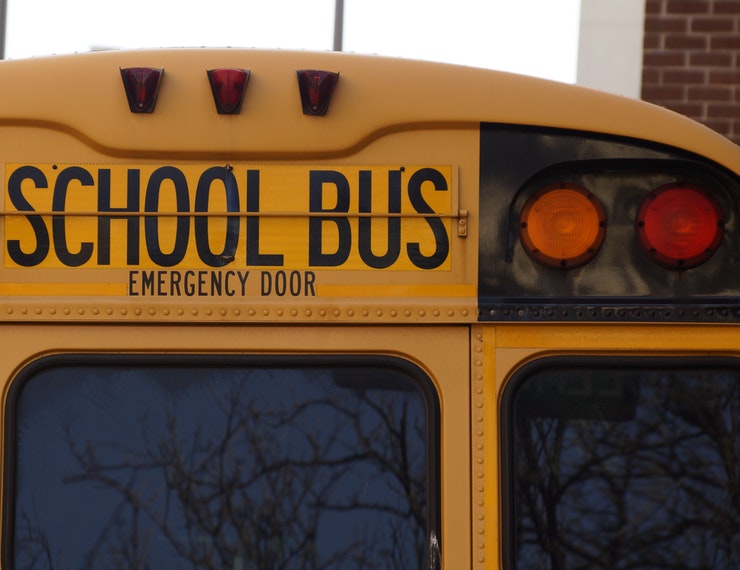
Get Children Up-To-Date on Vaccines Before School Starts
Raleigh -- Press Release North Carolina Department of Health and Human Services
Aug 9, 2019
As teachers, parents and students are preparing for the start of the 2019–2020 school year, public health officials with the North Carolina Department of Health and Human Services are reminding North Carolinians to ensure their children, especially teens and preteens, are current on their vaccinations.
“Vaccines are key to keeping everyone healthy, from infants to older adults, and helping prevent the spread of diseases in our communities” said Kelly Kimple, M.D., M.P.H., Chief of the Women’s and Children’s Health Section of the Division of Public Health.
To be fully immunized, children need all doses of all age-appropriate vaccines in the recommended schedule. If your child does not receive the recommended doses, your child and individuals in the community are vulnerable to serious diseases. Check with your child’s doctor to find out if he or she is due for any vaccinations.
In North Carolina, vaccination records are checked when a child enters a child care facility or a school. Children who have not obtained the required immunizations on the first day of attendance may be excluded from any school — public, private or religious — unless they have received immunizations appropriate for their age or have a valid, documented exemption or proof of immunity.
As children move into their preteen and teen years, they become more susceptible to certain diseases, making it especially important to stay current with immunizations. Preteens, ages 11–12, should get the following four vaccines:
Meningitis Vaccine (MCV4)Protects against some bacteria that cause meningitis and other diseases
Tetanus Shot (Tdap) Helps prevent tetanus, diphtheria and whooping cough
HPV VaccineProtects against human papillomavirus infection and cancers
Flu Shot (Influenza) Recommended seasonally during fall and winter for everyone 6 months of age and older
MCV4 and Tdap vaccines are required for all children by 12 years of age. A parent or guardian must present a certificate of immunization to the principal or operator of school on the first day of school attendance. These immunizations continue through adolescence to protect against bacteria that cause meningitis and other diseases.
An important change will be implemented for the 2020–21 school year. Effective Aug. 1, 2020 a booster dose of MCV4 is required at age 16 and before entering the 12th grade. Depending on risk factors, some teens may also need serogroup B vaccine. Parents with teenagers should talk to their pediatrician or family physician about which vaccines are appropriate.
The Immunization Branch of the Division of Public Health is partnering with the North Carolina Pediatric Society and the North Carolina Academy of Family Physicians for a month-long awareness campaign to help ensure that school-age children are protected from vaccine-preventable diseases. Governor Roy Cooper has proclaimed August as Immunization Awareness Month in North Carolina to highlight the importance of vaccines and immunizations.
“You can use any health care visit, including for sports or camp physicals, school health assessments, checkups and sick visits to have your preteen or teen vaccinated,” said Susan Mims, M.D., MPH, FAAP, president of the N.C. Pediatric Society. “Talk with your pediatrician or health care professional to know what vaccinations are due and make sure your kids are protected.”
It is important to your child’s health to be up-to-date on immunizations. If you are unsure which vaccines your child needs at any age, you can find out what they need by taking this short quiz on the CDC website.
More information, including a list of all required North Carolina school immunizations, from kindergarten through 12th grade is available at www.immunize.nc.gov/family. Additional information on vaccines and vaccine-preventable diseases is available on the CDC's website.


 How to resolve AdBlock issue?
How to resolve AdBlock issue? 